BY: DEREK IDE
Detroit’s League of Revolutionary Black Workers (LRBW) is one of the lesser-known Black radical organizations of the late 1960s and early 1970s. In the shadow of larger, national organizations like the Black Panther Party, the LRBW’s contributions and analysis are often overlooked. The League brought together multiple Revolutionary Union Movements (RUMs) that had been organized by black auto workers in Detroit’s many plants.
Coming on the heels of the 1967 anti-police brutality insurrection in Detroit and a large wildcat strike in May of 1968, by the latter half of the year the League had grown to a core of around 80 main members and a much larger periphery. A seven-man executive committee led the organization and represented at least three different ideological tendencies. General Baker and Chuck Wooten believed in organizing workers primarily inside the plants, while John Watson, Kenneth Cockrel, and Mike Hamlin were concerned with organizing the community outside the plant, especially through educational and cultural means. Meanwhile, Luke Tripp and John Williams attempted to straddle a middle-path between the other two positions.
The League’s creative tactics were vital to its initial success. First, John Watson, the editor of Wayne State University’s South End Press, utilized the newspaper as a conscious political organ for the organization. Copies of the paper were taken to workers and distributed inside the plant. Likewise, wildcat strikes were combined with community-wide political events. Kenneth Cockrel, the organization’s lawyer and one of its main intellectual contributors, regularly defended Black auto workers in the face of injunctions issued against them. Due to the large presence of Arab workers in the plants (Dearborn, Michigan, a suburb of Detroit, has the highest proportion of Arab-Americans of any city in the United States), the League regularly translated their pamphlets and fliers in Arabic to widen their base of support.
One of the League’s most important legacies is its analytical contributions. As early as February 1968, the soon-to-be leaders of the League argued in the South End Press that to “struggle in our own interest means that the black people of the ghetto must struggle to overthrow white capitalism.” However, the League’s leaders understood that “the struggle against capitalism is worldwide.” Because of this fact, the League maintained that while Koreans and Vietnamese were struggling against imperialism to free Asia, the “Black Revolution can overthrow capitalism and imperialism” and “then the whole world will be freed.” Some leaders, like Charles “Mao” Johnson regularly spread news about China and the Chinese Cultural Revolution. In one interview, Kenneth Cockrel outlined the basic analytical position of the League:
Continue adherence and continued reliance upon the operation of capitalistic principles and imperialist principles is of course anathema, and you know the antithesis, of anything that relates to decency and justice and freedom for mankind, so we are explicitly Marxist-Leninist. But we are also, of course, cognizant of the fact that there is peculiar oppression that affects black people. We call ourselves the League of Revolutionary Black Workers, and we have to deal with the racial component as it operates in terms of producing and maintaining oppression and exploitation in this society. It is equally clear that blacks, objectively, represent the vanguard of the struggle. It is our position that workers represent the vanguard of this black vanguard by virtue of the strategic point in which they find themselves located in the critical aspect of the operation of the capitalist system.
Although the League splintered by 1972 and its presence was weakened, the League’s legacy is very important to both Detroit’s local history and the larger Black radical tradition of the 1960s and 1970s.
Sources:
Documentary, Finally Got the News. Available at: https://www.youtube.com/watch?v=RgJd_MvJVzg
Dan Georgakas and Marvin Surkin, Detroit: I Do Mind Dying (South End Press, 1998).
Semaj and Tyler Zimmerman, “The League of Revolutionary Black Workers for Militants Today,” Unity and Struggle, http://unityandstruggle.org/2013/03/20/the-league-of-revolutionary-black-workers-for-militants-today/





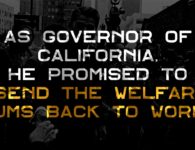




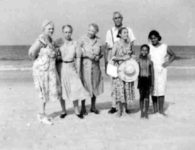



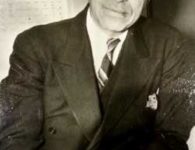
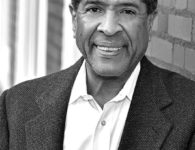
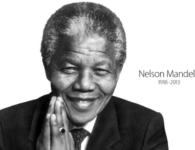

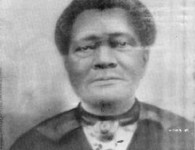
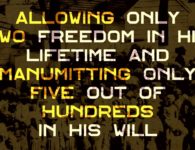

1 Comment
Good post. Thanks.